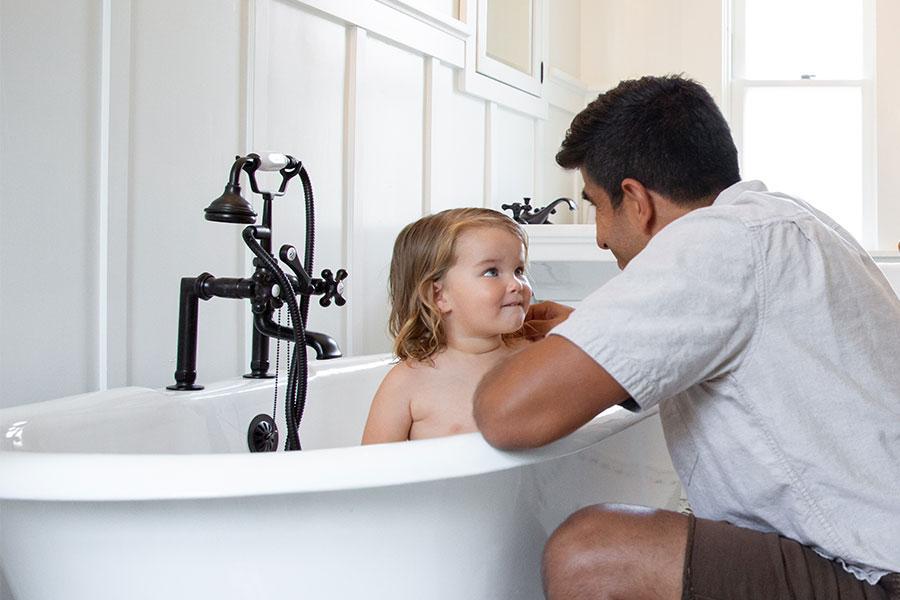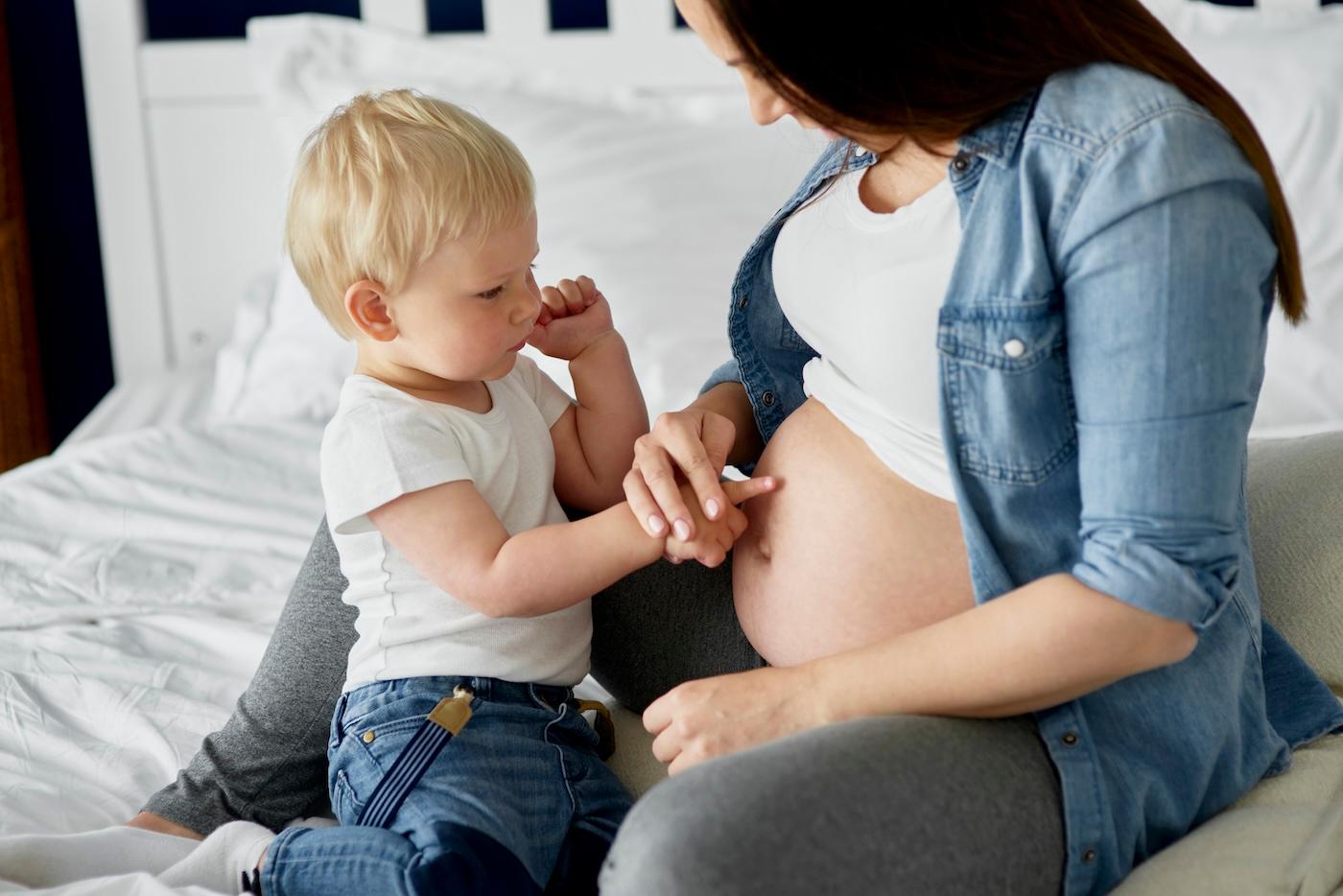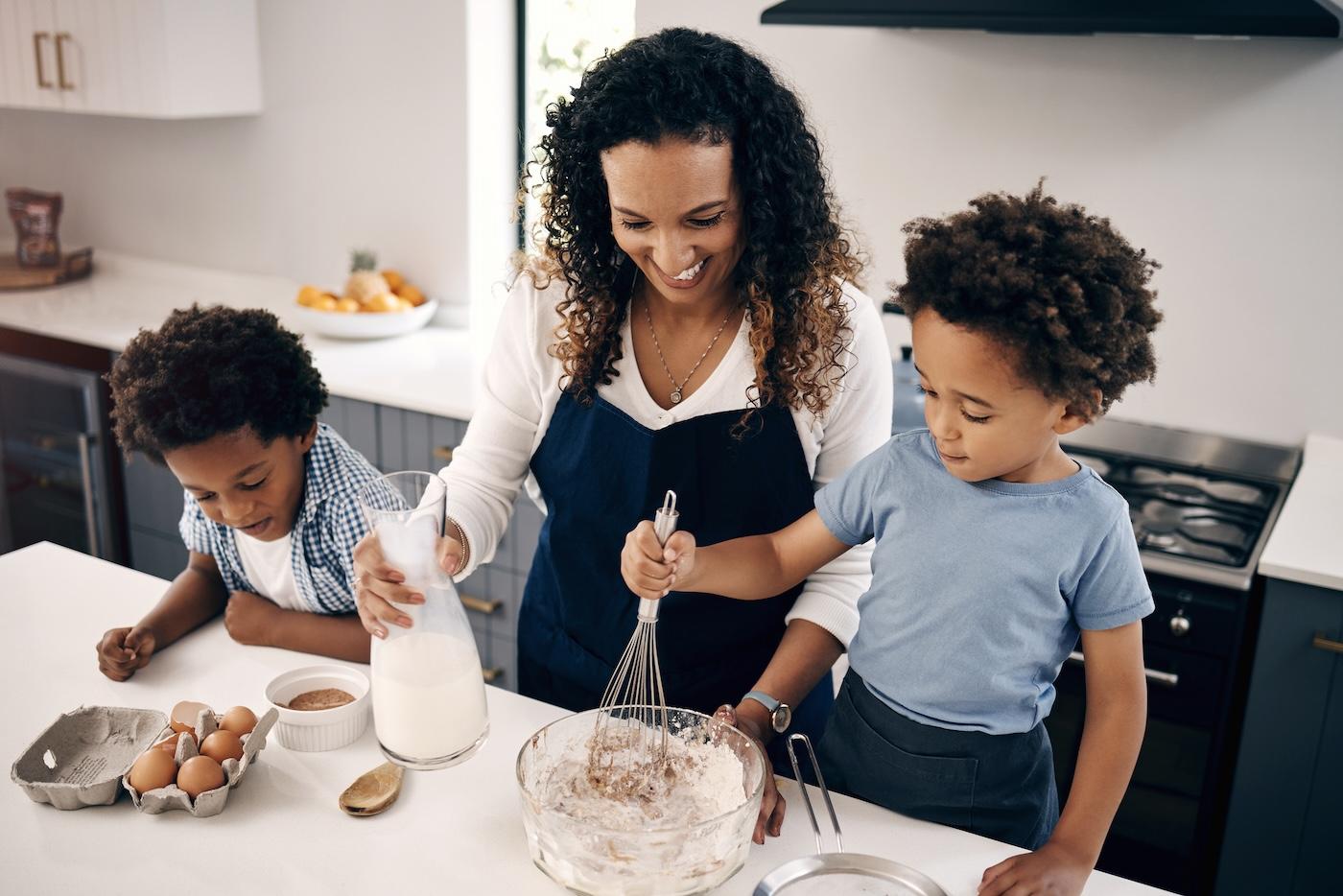TODDLER
Why a Toddler Routine is Important
Schedules help toddlers lower stress and increase their confidence.

Written by
Dr. Harvey Karp

Is routine good for toddlers?
Doing the same thing every day may be boring to grown-ups, but for toddlers, predictable routines lower stress, increase confidence and even make them feel more intelligent.
Routines give children a sense of security, a sense of being smart and a sense of time. And they are important for toddlers at every stage!
So what is the best routine for toddlers?
Toddler Routine: 12 to 24 months
By your child’s 1st birthday, you can start developing a daily toddler routine. Your child will recognise the patterns of the day (a nappy when he awakens, lunch when he sees you take out his special plate, a little massage before bed). Your consistency builds his sense of security, and that gives him the courage to explore the world.
Toddler Routine: 24 to 36 months
Middle toddlers hate unexpected changes because they work so hard to figure things out (‘Come on! I just finally got it…Do not go changing it on me!’). That is why routines are such a huge bonus at this age. They fill your 2-year-old’s need for things to ‘follow the rules’ and be ‘just so.’
Mina, 2 1/2, wore a princess outfit complete with wings, crown, and ballet slippers to playgroup…every day.
Thirty-month-old Arnie loved his fireman hat so much that he insisted on wearing it to sleep for almost a year!
So, do not be surprised when your child rigidly demands the same food, same shirt, or same song every day; explodes if the peas touch the carrots or a guest sits in Daddy’s chair; and insists you start over—from page one—if you are interrupted in the middle of reading her Good Night, Moon!
Toddler Routine: 36 to 48 months
It is common for 3-year-olds to suddenly notice they are weaker than almost everybody else. (That is why they love to point out that they are faster and stronger than babies!) Realising that they are vulnerable can trigger new fears and worries. Routines help these kids feel safe and secure.
Despite their worries, older toddlers no longer demand rigid daily routines. In fact, they love it when we throw silly variations into their routines (adding a crazy verse to a favourite song, making up new words as you read a beloved bedtime story, having a ‘picnic’ lunch on a blanket in the living room).
Toddler Routines That Boost Cooperation
Life with a toddler may feel unpredictable, but even small toddler routines for certain parts of the day can make them (and harried parents!) feel a little more relaxed and agreeable. Here are a few toddler routines to try in your home:
- Bedtime Sweet Talk: Close the day by talking to your toddler all about the wonderful things that happened that day...and all the fantastic things that are ahead. (Read more about bedtime sweet talk here).
- Special Time: Special time is a short time period that you dedicate to giving your child lots of love and attention. (Read more about special time here).
- Loveys: These cuddly pals build confidence and security, and they could help aid toddlers into sleep. Plus, a lovey toddler routine is especially comforting in times of stress.
Dummies: For young toddlers (under 24 months), sucking is a comforting routine.
Disclaimer: The information on our site is NOT medical advice for any specific person or condition. It is only meant as general information. If you have any medical questions and concerns about your child or yourself, please contact your health provider. Breastmilk is the best source of nutrition for babies. It is important that, in preparation for and during breastfeeding, mothers eat a healthy, balanced diet. Combined breast- and bottle-feeding in the first weeks of life may reduce the supply of a mother's breastmilk and reversing the decision not to breastfeed is difficult. If you do decide to use infant formula, you should follow instructions carefully.
SHARE THIS ARTICLE
PARENT PICKS
Bestsellers



















